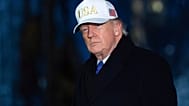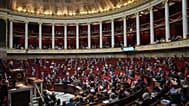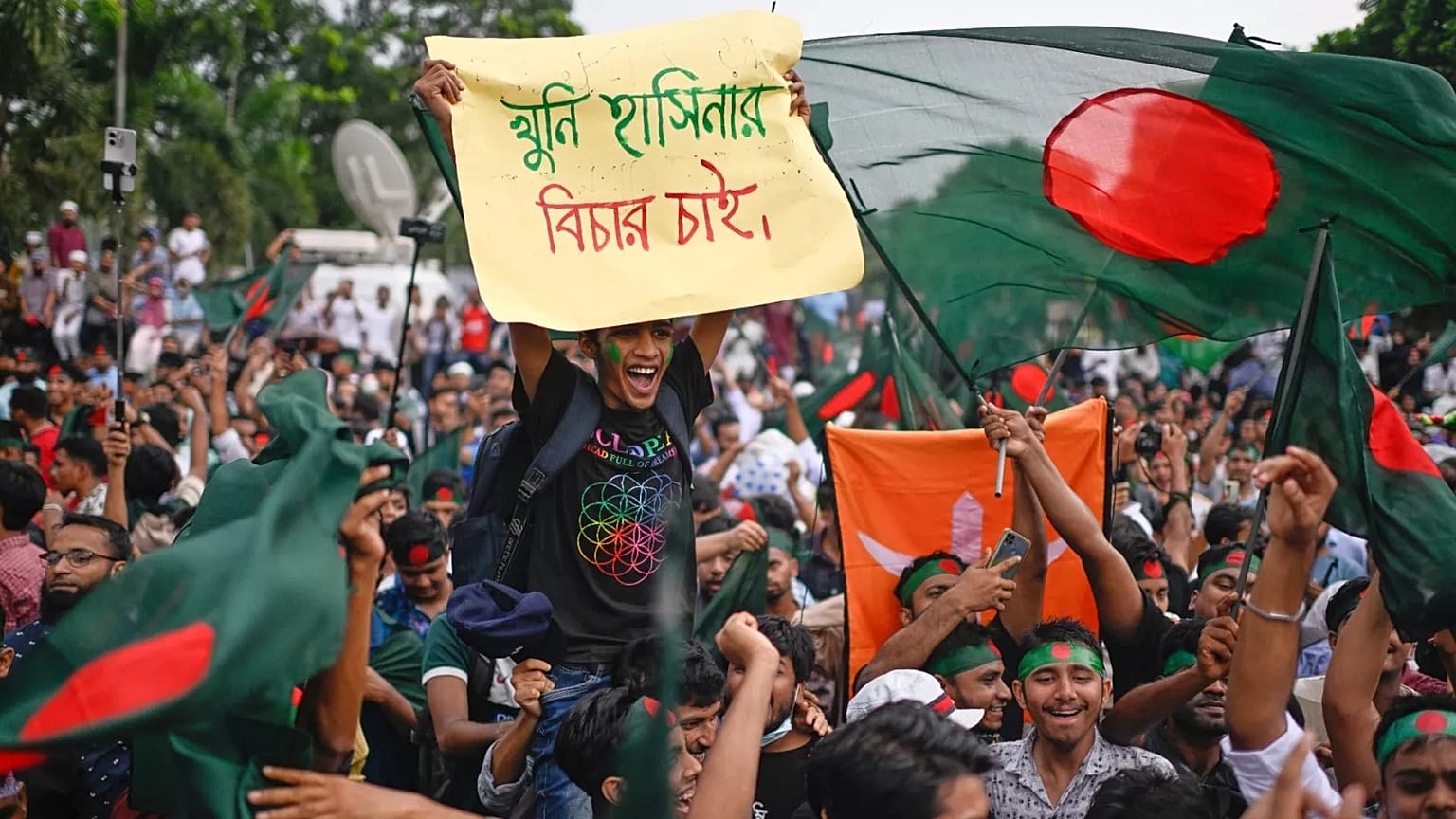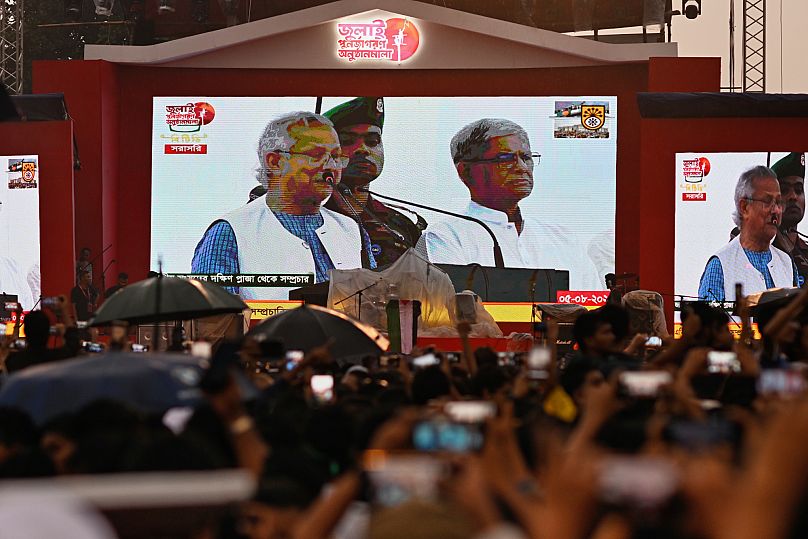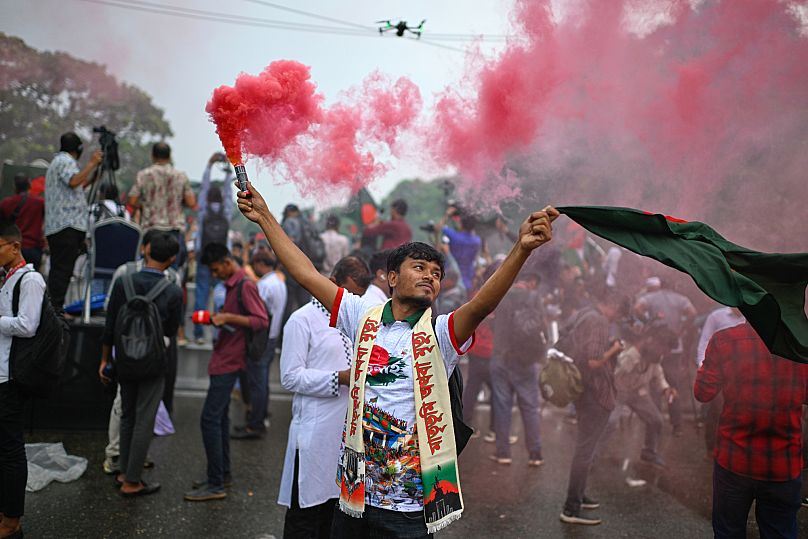In a televised address, Muhammad Yunus said he would request the Election Commission to organise the vote before the Muslim holy month of Ramadan.
Bangladesh's interim leader announced on Tuesday that parliamentary elections will be held in February, as the country marked a year since a student-led uprising led to the ouster of former Prime Minister Sheikh Hasina.
In a televised address, Muhammad Yunus said he would request the Election Commission to organise the vote before the Muslim holy month of Ramadan.
That is expected to begin on 17 or 18 February, depending on when the new crescent moon is sighted there.
Earlier on Tuesday, Yunus marked the uprising's anniversary by saying its spirit would build the future of the South Asian nation's democracy.
But the event was held amid growing frustration over the interim administration's failure to restore order and bring political bickering under control.
The election date has been one concern. The treatment of Hasina's now-banned political party is another.
Yunus has promised an internationally acceptable election, but his critics say it could be questionable without her Awami League party as it still has a significant support base.
Hasina has been in exile in neighbouring India since August last year, following her 15-year rule. She faces a trial for crimes against humanity over the hundreds of deaths during the student-led uprising.
Yunus had sought an April election, but major political parties, mainly the Bangladesh Nationalist Party led by former Prime Minister Khaleda Zia, favoured a February vote.
Yunus, a Nobel Peace Prize laureate for his past work developing microcredit markets, was flanked by senior leaders of major political parties as he announced a road map aimed at national unity, democratic reforms and inclusive governance.
A student group that led the anti-Hasina movement had formed a political party, the National Citizen Party, and campaigned for the declaration.
Senior leaders of the Bangladesh Nationalist Party and the Jamaat-e-Islami party were also present.
The presence of Jamaat-e-Islami, the country's largest Islamist party, was especially visible on the streets of the capital, Dhaka. The supporters of its student wing carried the flags of Bangladesh and Palestine.
Bangladesh is at a crossroads, with political parties struggling to find a way forward with inclusive politics.

